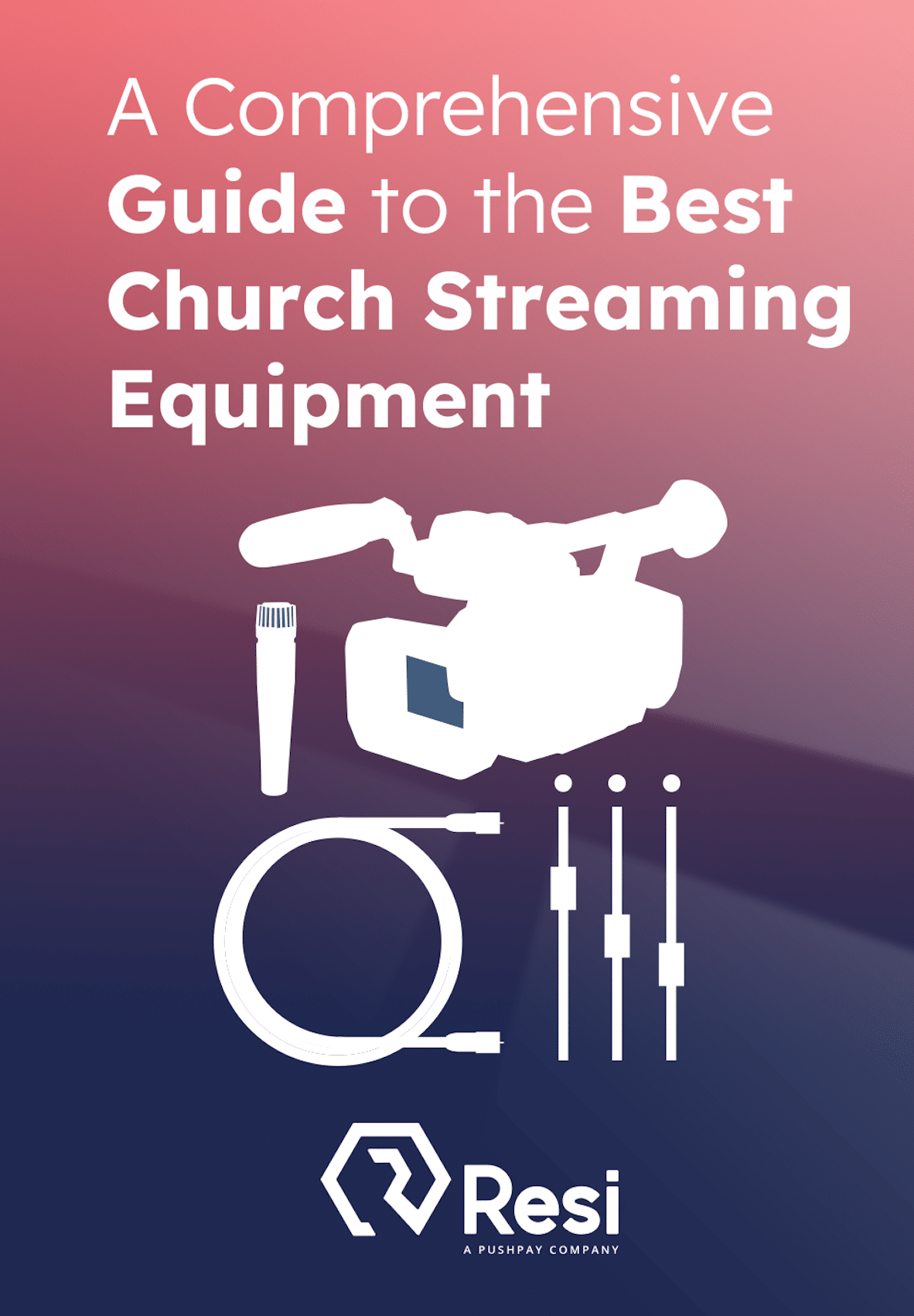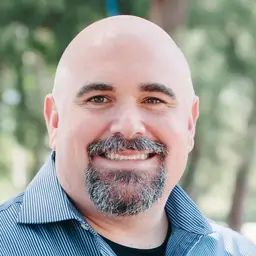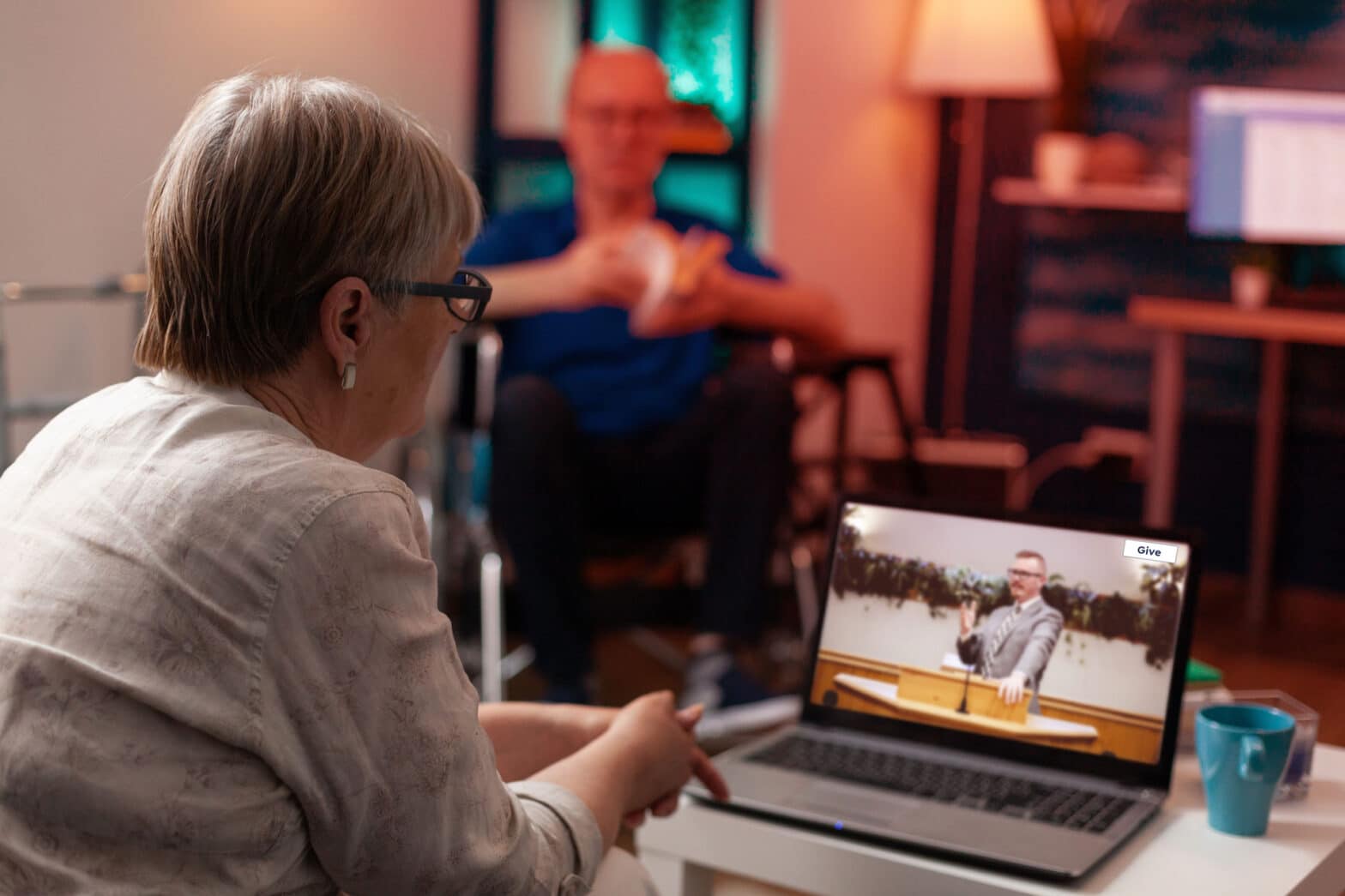
Our church services play a vital role in the operation of a physical church. Every church knows this. Sunday morning, 9am in the worship center, is a big deal and should be handled with reverence, respect, and awe. Through the music, teaching, and production elements we are creating a worship environment that, Lord-willing, connects people to God.
Now, our online church services, broadcasted through Resi encoders, are just as vital digitally. If God can use letters written almost 2,000 years ago by Paul or poems and lyrics written nearly 3,000 years ago by David, then why can’t God use a digital broadcast to connect with someone wherever they are? The reality is that the Bible is a remote ministry. The Holy Spirit supersedes time and distance to speak in tangible ways through scripture. Of course, an online church broadcast can help us connect people to God. The Holy Spirit has been using this exact technique for millennia.
The Digitally Resilient Church Webinar
Featuring Jeff Reed from THECHURCH.DIGITAL, learn to leverage your digital strategy and livestreams for maximum local reach and community impact.
Access Now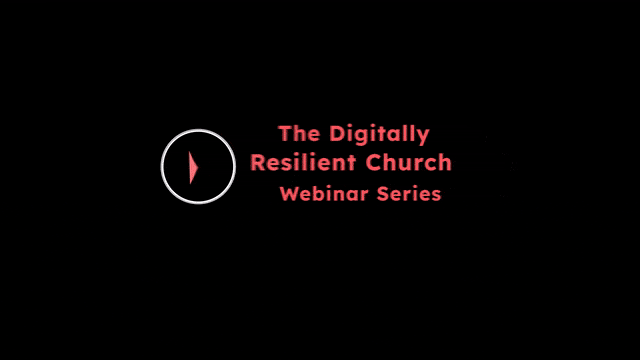
Crossroads Church, a multisite church in the Ohio area, made a startling observation.
A hybrid church with intentional ministry in both physical and digital spaces, Crossroads has been stretching the boundaries of discipleship in digital spaces. Crossroads has come to a surprising conclusion recently. When comparing the discipleship of “physical-only” church attendees and “hybrid” (both physical and digital) church attendees, Crossroads discovered that the hybrid attendee exuded a higher level of discipleship compared to those attending physically only. To set the stage, here’s Andy Reider, Crossroads’ Anywhere Pastor, describing how digital influences Crossroads’ discipleship.

What seems surprising isn’t really that surprising. Andy is right: 167 > 1. Hybrid discipleship gives churches access to people seven days a week, not limited to the one hour on Sunday. It’s only logical. If your church attendees are going to spend more time focused on intentional discipleship, they will be more assertive in discipleship.
Pushpay’s 2024 State of Church Tech Report says that 91% of churches are streaming the service. Still, according to a non-scientific poll during The Digitally Resilient Church only 30% of churches utilize digital in their discipleship strategy. So, while digital gives us access throughout the week to disciple someone using digital tools like texting or Zoom, churches, for whatever reason, are not comfortable taking advantage of the digital discipleship opportunity. What a waste!
Pastor, by putting your church service online and creating a hybrid worship culture, you establish an expectation with your audience. What you are saying is that your church is comfortable with digital technology. This gives your church permission to invest in the lives of your attendees digitally. By not discipling digitally, you are reinforcing a consumeristic culture for your church. You are digitally telling people that discipleship does not matter or that you don’t respect them enough to disciple them. The reality is, Pastor, digitizing your discipleship process should be a high priority for you and your church.
Throughout The Digitally Resilient Church, Part Two – Crossroads’ Andy Reider and Christian Meadows detailed some of the steps that went into digitizing their discipleship process:
Define what discipleship means and align with it
Discipleship is one of those words like “engagement.” It can mean many different things to many different people. I joke that if you asked 10 different pastors, you’d get at least 12 different answers! (Okay, admit it, you chuckled.) Years ago, I was on a church staff where the Executive Pastor asked what discipleship meant, and the 20+ pastors and staff in the conference room gave a plethora of answers, and very few of them aligned with each other. We all understood that discipleship was the goal, but we disagreed on how to do it!
That’s ironic, right? Even on the same church staff, co-workers weren’t aligned in what they were doing for discipleship.
Crossroads recognized that the older metrics of “nickels and noses” – how much tithing and Sunday morning attendance – are not good metrics for discipleship. Instead, they went to the life of Christ and pulled out seven principles that were important to him and relevant to us today. Crossroads 7P was born out of the conversation, and with it, the discipleship standard that all physical discipleship (and all digital discipleship) can be held to across all ministries and campuses.
Without standardizing discipleship, you’ll always risk an “us vs them” mentality with physical and digital. Remember, creating the standard is the easy part. Getting others to own and align with it is likely the hardest but the most rewarding part.
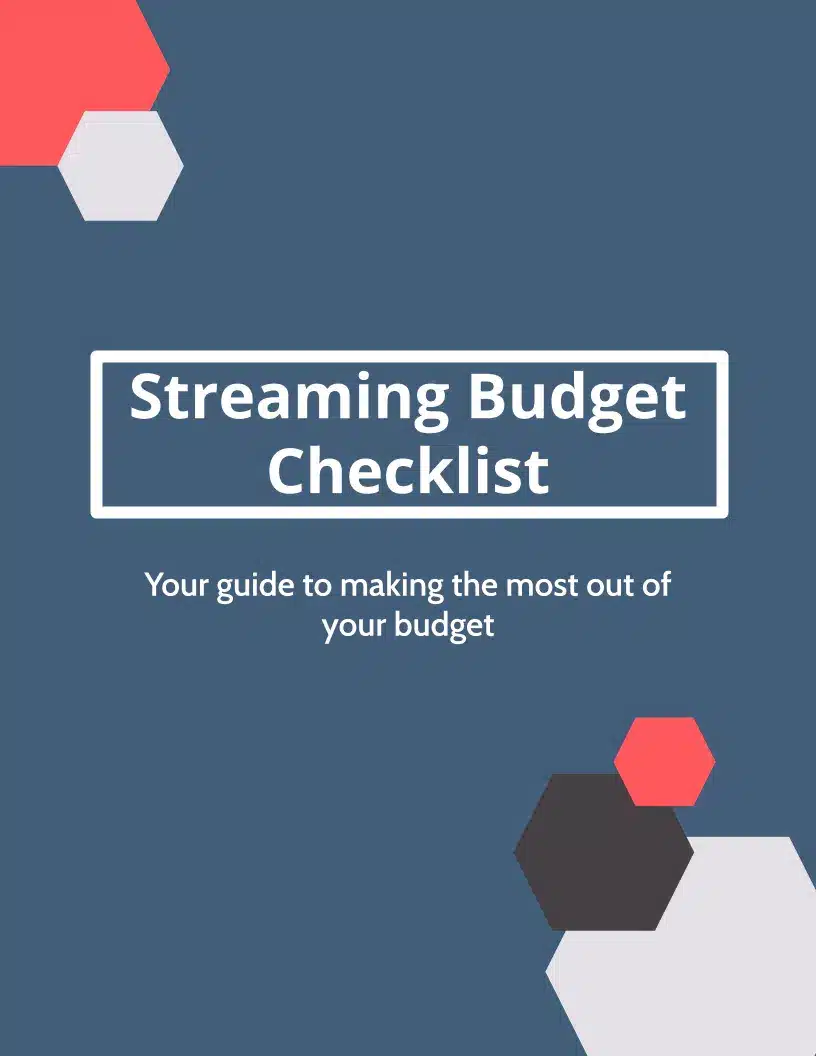
Don’t judge, but encourage side-door attendance.
Years ago, there was a Pastor I worked with who, from the stage, guilted people weekly to come back the following week for church. He was very likable, and his pleas made him charming, but he struggled with the mindset that his church people would not be sitting in the pews next Sunday. Evidently, there’s no other way to process Bible teaching except live experiences in a church building.
Some interesting educational principles have come out in recent years. “Flip the Classroom” is a principle documented by two high school teachers, and the principle is that students learn the material better “on-demand” than over live lectures. If the student can pause the teaching, listen to parts on repeat, and take breaks where they’re able… if the student can control the learning process, they will learn faster with better retention.
Apply this to your sermon, Pastor. The iPhone Podcast App may be a better delivery method for your sermon than your pulpit on Sunday 9am. Pastors looked down on on-demand viewership for years, saying it was second-class. They would discage online attendance, in fear of people leaving the building (and if they left the building, they wouldn’t tithe anymore… so no “nickels” left and no “noses” counted.)
Crossroads moved past this victim mentality, accepting that people can be discipled digitally… and encouraging digital and physical. Crossroads believes it doesn’t matter if someone comes to church physically or digitally. A true hybrid mentality has digital tools made readily available (and encouraged) for physical attendees. Resi’s On-Demand functionality, Pastor, is your best friend in all actuality.
In fact, and this may be a bold statement, you don’t want people to attend your building every Sunday. You want them involved in the community. You want them to watch services online. You want them to share services on social media. You want them to recognize that your church has a digital presence and that you value digital relationships because you value them digitally. And… you want them to utilize your digital tools for discipleship whether they are across the street from your church or live on the other side of the planet. The fruits of the spirit should not and cannot be dependent on location. Maybe, just maybe, having physical weekend attendance be 2x a month isn’t bad if your church is also leaning into ministering and discipling people digitally. (167hours x 4weeks) > (1hour x 4 weeks).

Physical-Only Mentality is so 2019
Crossroads intentionally bakes digital into so much of what they do that it is no longer a physical or digital mindset… it’s just Crossroads. Staff have both physical and digital responsibilities. More than just a powerful digital worship experience, Crossroads works to take all aspects of discipleship and church life digitally. Broadcasting church services gives your church a solid digital presence. Don’t stop there. Develop a digital discipleship strategy that can help your entire church grow. This is key for a digitally resilient church. Is your church ready to become digitally resilient?
As a result of its commitment to digital tools, Crossroads finds itself in a position to not only reach different people via its digital methods but also to disciple physical and digital attendees at a deeper level utilizing digital tools.
Pastor, using Resi encoders to stream your church services should not be the finish line of your digital strategy but a powerful beginning that will help you reach, engage, and disciple people in your neighborhood and around the world.


